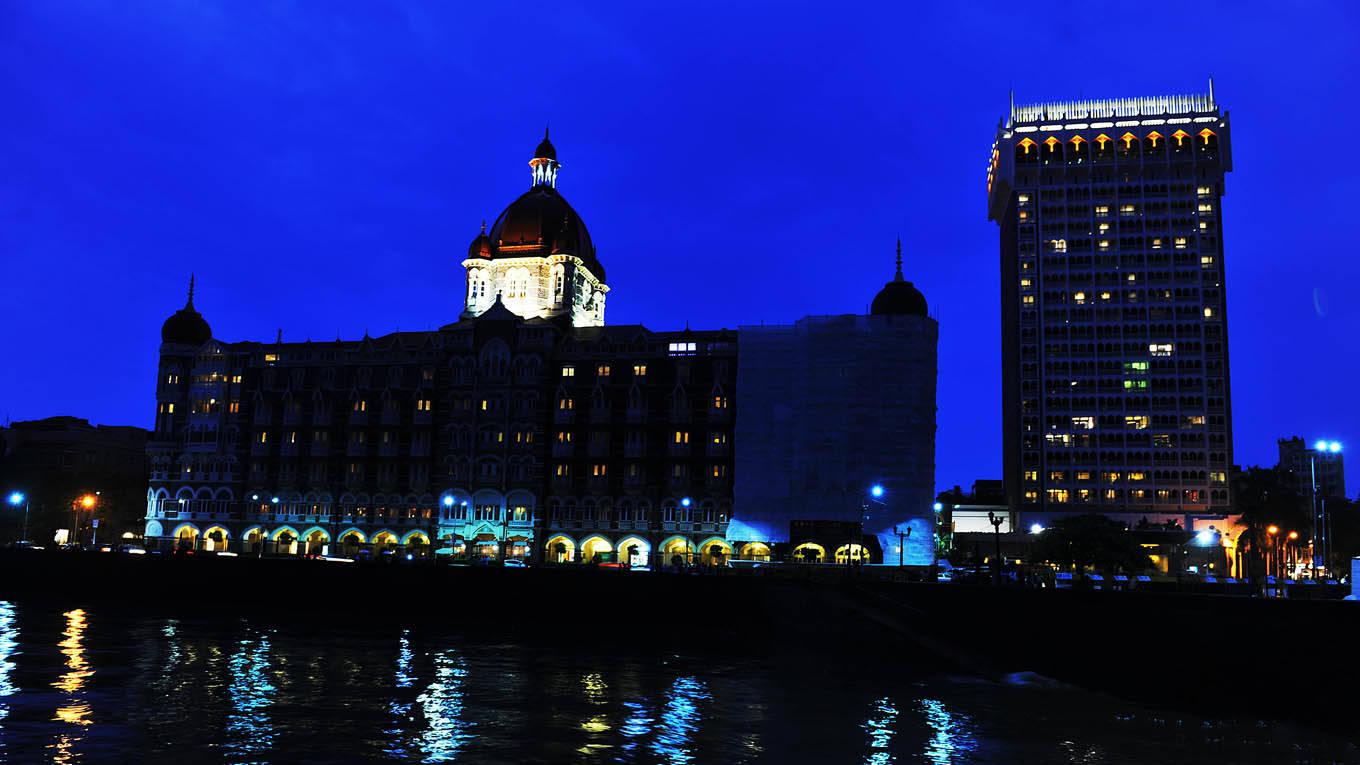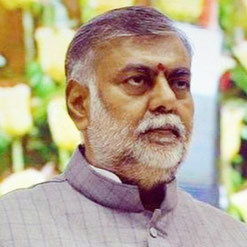-
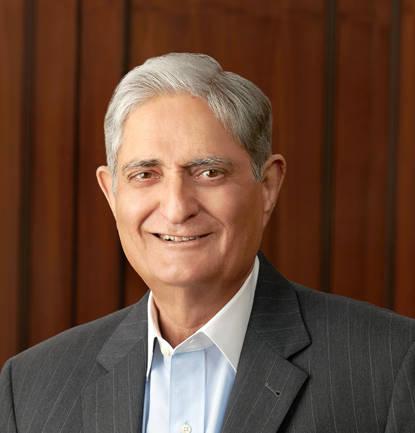
We are operating only 23 out of 83 Sarovar properties
Anil Madhok, Sarovar Hotels & Resorts
In its recent report published on the Indian Hotel Industry, CARE Ratings has stated that as most summer holiday bookings in India have been cancelled, the impact on inbound and outbound passengers is expected to be most severe in the next couple of quarters during this financial year. The Indian travel and tourism industry is expected to book a mammoth revenue loss of R1,25,550 crore – a loss of over 40 per cent on a year-on-year basis for the year 2020.
Veteran hotelier and Chairman & Managing Director of Fern Hotels & Luxury Resorts India, Param Kannampilly said that the only demand for rooms in the Indian hospitality sector during the lockdown phase was mainly from passengers coming from abroad and staying in mandatory quarantine. “Although the business scenario in the industry is not likely to improve drastically in the near future, our hotel chain will certainly not reduce the salaries of employees. However, we may defer their remuneration to enable us to overcome this economic crisis at the earliest,” he added. Kannampilly foresees a bleak future for standalone hotels in India. “Such hotels will find it extremely hard to survive going forward. Although the impact of COVID-19 will be felt across all star category hotels, I believe the luxury properties will be the hardest hit in the months to come,” he said.
“Our business too got impacted since the corona outbreak. The occupancy rate dropped to single digits and even nil for that matter in the recent past. Most hotels of our chain across the country have closed down operations and are currently working on cleaning and sanitisation,” said Sanjeev Nayar, Chief Executive and GM, WelcomHeritage Group of Hotels. He added that with no revenue income for the last couple of months almost all hotels in India are under severe pressure to meet expenses and related financial obligations. Restructuring costs is high on the agenda for Indian hospitality companies nowadays. Some hotels are temporarily closing down till the situation stabilises. However, Nayar reiterated that his hotel-chain has neither laid-off its employees nor announced any pay cuts till date.
Profound impact
Marriott Hotels, too, has initiated several cost cutting measures like base pay reduction with a reduced work week schedule, the deferral of merit increases and promotions, etc, for its employees serving the Asia-Pacific region, including India. Marriott Hotel’s senior corporate executives will be subjected to the reduction in compensation. “There is no doubt that the COVID-19 pandemic has had a profound impact on our business, particularly in the Asia-Pacific region which was the first market to impose a lockdown and social distancing measures. Given the company’s expectations that prior levels of business will not return until beyond 2021, we are looking at how we are aligned and resourced to deliver in this challenging business climate. Part of this effort will necessitate that we implement additional measures including job eliminations,” said Craig Smith, president and managing director, Asia Pacific, Marriott Hotels. He anticipates that there will be an indirect impact on the amount of discretionary spends that the leisure customer will be willing to make, especially in the next six months. International travel will take longer to get back on track.
Craig added that parameters like safety and hygiene henceforth will be regarded as amenities and top priorities by all travellers in the post lockdown era. As people are still nervous about travelling abroad and governmental restrictions are still in place in many countries, Marriott expects domestic travel to be the greatest revenue driver this year. And, as a responsible and prudent operator, it is now necessary to rethink and re-calibrate its approach to hotel operations, and align to the ‘new normal. Going forward, in the hospitality space, social distancing will manifest itself in a big way. It is reasonable to expect that customers will want to engage more digitally. “We have to be fully prepared to dial up virtual concierge, mobile check-ins, mobile chats and other means of communicating with our valued customers. We must continue to embrace the use of technology to even higher standards to amplify operational efficiencies.”
-
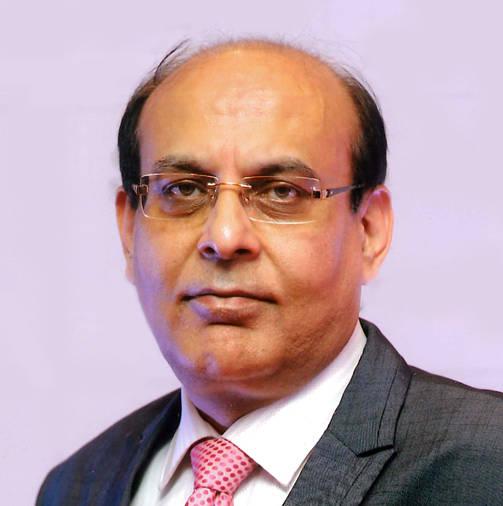
Most hotels of our chain have closed operations and are working on cleaning and sanitisation
Sanjeev Nayar, WelcomHeritage Group of Hotels
Anil Madhok, executive chairman, Sarovar Hotels & Resorts, said: “We are operating only 23 out of 83 Sarovar properties across the country currently and most of these hotels and resorts are operating below the break-even point. Going forward, we foresee a slow recovery at all our properties and anticipate occupancies to reach around 50 per cent by November 2020. Resorts and leisure retreats located at driving distances of big cities could see faster revival than the properties located in cities. However, the next two years are likely to be very challenging for the entire Indian hospitality sector. A small number of hotels may not reopen in the future.” Sarovar Hotels has initiated salary cuts at mid and senior management levels. “Fortunately, we have retained all our employees. Our policy is to retain as many staffers as possible, perhaps with deeper salary cuts. But if business recovery takes longer than six months, we may have to rethink our retrenchment strategy and make difficult choices,” he added.
Lakshyaraj Singh Mewar of Udaipur, director, Historic Resort Hotels, said: “We have shut down our hospitality operations and none of our heritage properties are functional as there has been no business revenue since the lockdown began. However, we have done our best for the hotel staff of our heritage chain, maintained the status quo and have not laid off our employees. We will continue to do our best for our staff members who are like family to us.”
-

We are looking at how we are aligned and resourced to deliver in this challenging business climate
Craig Smith, Marriott Hotels
“The global impact on the economy has also negatively affected us. Over 60 hotels of our chain across India had to close down during the lockdown. Thus, we had no option but to rationalise fixed as well as operating costs including salaries, power, and purchases. As occupancy in most of our hotels has been impacted, we have had to dispense contractual and probationary staff. Our senior leadership team has also voluntarily taken pay cuts in order for us to be able to compensate junior staff and to ensure that the running of their households continues,” said Chander Baljee, chairman and managing director, Royal Orchid & Regenta Hotels. He foresees consolidation and optimization of hotel portfolios going forward in India. “It is a good opportunity for standalone hotels in India to join larger hotel chains and benefit from strengths of distribution, sales networks, revenue management, and the marketing strategies they deploy,” Baljee added.
Dire straits
An association of Indian hoteliers – Federation of Associations in Indian Tourism & Hospitality (FAITH) – is of the view that as a result of this pandemic, the tourism industry in India is in dire straits today and is staring at mass unemployment and bankruptcies. In his letter sent recently to Prime Minister Narendra Modi, Nakul Anand, FAITH President and Executive Director, ITC Limited stated: “With declining revenues in the prevailing scenario, almost all tourism businesses in India are running out of working capital. With the responsibility of staff and payment of their salaries and huge overhead expenses including EMIs to service, advance tax, PF, ESIC, GST, excise and other state levies, bank guarantees, security deposits, etc; the Indian tourism industry is in desperate need of support from Government of India.” He further wrote: “Indian Tourism industry is looking at pan-India bankruptcies, closure of businesses and mass unemployment. It is believed that around 70 per cent or 3.8 crore people out of the estimated direct and indirect workforce of 5.5 crores could get unemployed. This effect of job losses and layoffs has already begun throughout the country.”
-
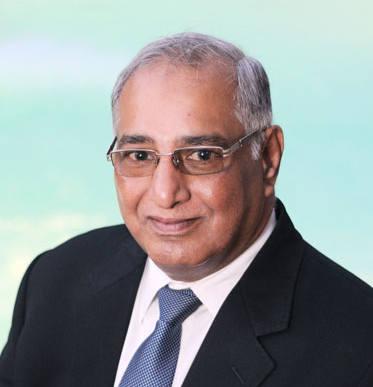
Our hotel chain will not reduce salaries. However, we may defer remuneration
Param Kannampilly, Fern Hotels and Luxury Resorts
Also, Hotel Association of India (HAI) under the leadership of its President and MD & CEO of The Indian Hotels Company Limited, Puneet Chhatwal, has sought relief measures from the Government of India on an urgent basis. To help hotels and hospitality chains in India overcome the economic crisis; HAI expects Government of India, state governments and municipal bodies across the country to defer all statutory liabilities, including EMIs for at least the next 12 months. Also, HAI has requested the government to suspend lease, licences, rentals and excise fees as well as property tax of hotels till the end of COVID-19, double the working capital limit facility offered to hotels on interest-free and collateral-free terms, and enable GST collected to be used as working capital for six months. Also, HAI expects electricity power provided to hotel units to be charged henceforth on actual consumption and not on base-load basis. This industry will probably be the last one to recover, as the travel business is not going to rebound any time soon.In its recent statement HAI stated that once hotels are allowed to open, there will be additional safety and hygiene protocols that will be put in place by the hotels themselves and those mandated by the government. The cost of operations will therefore increase while the corresponding revenues will be lower.
The Indian hospitality industry thus ponders a bleak future post lockdown. The sector in the country is set to witness revenues plunge this fiscal. Although, the delicate balance between restarting economies and avoiding a second wave of coronavirus is being played out across the world, a large number of business and leisure travellers across the globe are still sceptical about the impact that travel restrictions and isolation of people will have on stopping the spread of the coronavirus.
As India gradually enters the unlock mode, the nation’s high population density (and also the related difficulties and innumerable challenges in observing social distancing norms), overburdened public health infrastructure across the country, the high occurrence of non-communicable diseases and the higher probability of COVID transmission from younger people to elderly members in joint families, all stack the odds against effective containment of coronavirus in the longer run. Also, health experts do not rule out a second wave of corona infections across densely populated places in India, if people do not take social distancing seriously in the post lockdown era. India may witness a surge in corona infections in late July or August during the monsoon months. It is believed that easing of the restrictions across states in India, change in monsoon weather patterns, the intrinsic nature of pandemics, a sense of complacency and a combination of such parameters may lead to a new phase of infections. At least 11 countries in the world have reinstated COVID-19 restrictions over second wave fears. While a COVID vaccine or drug is the only solution to eliminate fear amongst citizens, both are perhaps a long way ahead.
With no room for improvement in its economic prospects, at least in the near term, the Indian hospitality industry seems to staring at an inhospitable future.
